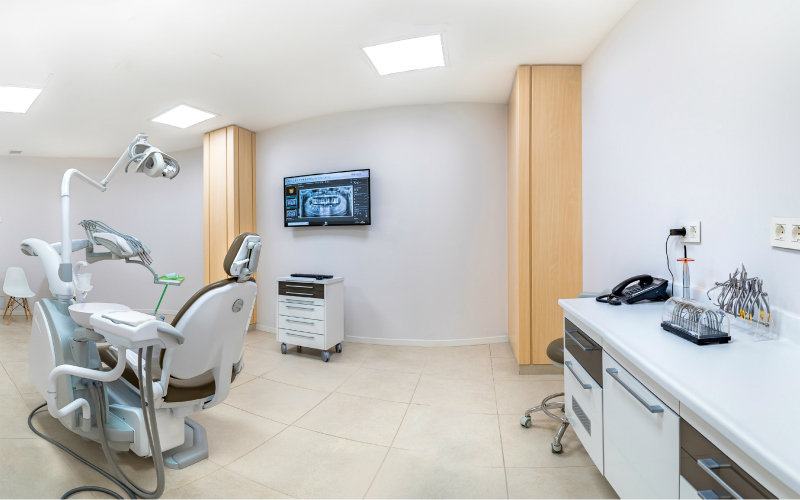
Practices can take a number of forms, from sole traders to partnerships. However, for a number of years, it has been possible to structure your practice as a limited company, and that has been a popular format for practices to take for a number of years. Of course, whether forming your practice as a company is right for you will depend upon a number of factors, and you should seek dental specialist advice (in particular tax advice) before doing so.
We often have selling clients come to us and advise that they have agreed a deal to sell their practice, and asking us to deal with the legal aspects of the sale for them. They will sometimes only mention in passing, after a little while, that their practice is operated through a limited company. That brings a couple of potential ways forward for the sale, and it is important to discuss those at the outset in order to be clear for all concerned.
If a practice is structured as a company, there are two options available for the sale of the practice:
- The company can sell its goodwill and assets, with the sale price then being payable to the company itself (and not directly to the principal as shareholder in the company)
- The shareholders can sell the shares in the company – in other words, the purchaser acquires the company and not just the goodwill and assets (but bearing in mind that the company owns the goodwill and assets and so the purchaser gets control of them indirectly by buying the company)
Depending upon the figures involved, there may be very significant tax savings to be made by selling the company, and the two options should be discussed with your accountant prior to marketing the practice, so that you can understand the difference between them.
If you opt to sell your company, you should be clear on that with potential purchasers, so that they know what they are getting into. Some purchasers will be reluctant to buy a company, and will need to be persuaded to take this route.
The key difference for a purchaser is that, in buying a company, they inherit both its assets and its liabilities. As a result, they need to do a fair bit more diligence than they might otherwise, to satisfy themselves that they aren’t taking on any significant issues from the past.
In turn, the professional work involved in acquiring a company is more significant, and the documents more complex, than in an acquisition of goodwill and assets, and so costs will be higher to an extent.
The price mechanics for a share sale are also more involved, as the company will, at the point of sale, undoubtedly include cash and debtors (such as NHS schedules not yet paid at the point of sale) and so the price provisions in your sale agreement will be more detailed. Once again, specialist accounting and legal advice should be sought to ensure that the price provisions are carefully considered and agreed between the purchaser and seller.
The option of a company sale may sound much more complex than it needs to be, and best avoided. However, the tax benefits to a seller can be very significant, and with advice from lawyers and accountants who deal regularly with the sale of practices which operate as companies, it can be handled in a way which is beneficial to both parties.
Insight from Michael Royden, Corporate Partner and specialist advisor to dental professionals. For more information contact Michael 03330 430350 or email mroyden@thorntons-law.co.uk
